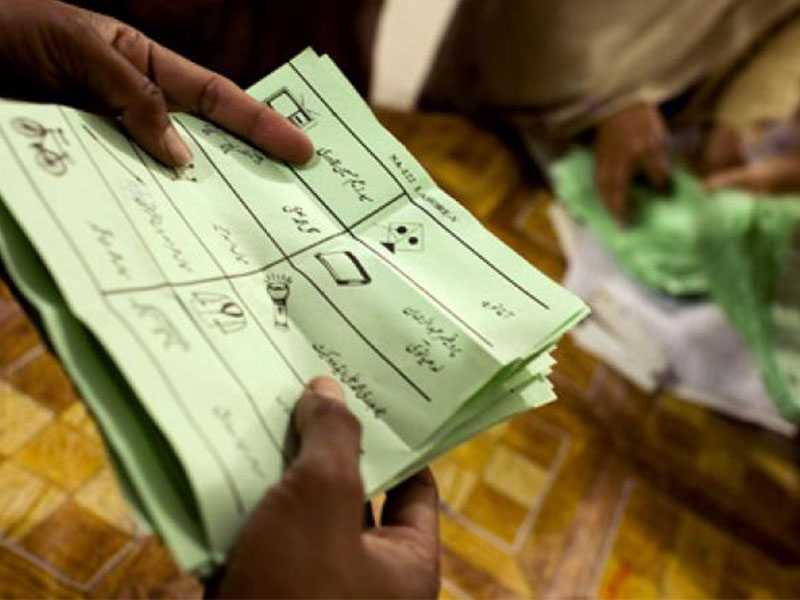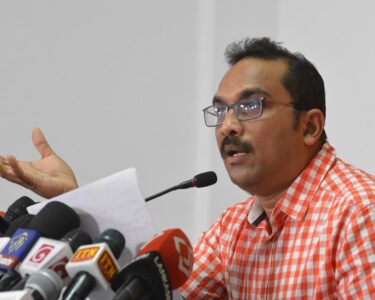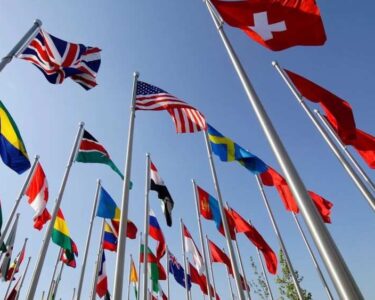As the New Year unfolds, three South Asian nations gear up for significant political events. Bangladesh is set to kick off the electoral season on January 7, followed by Pakistan in February and India in April-May. Sri Lanka, however, deviates from the pattern with expectations of presidential and parliamentary elections later in the year. The unique aspect in Sri Lanka’s political landscape is the coexistence of a presidential system atop a parliamentary structure.
Bangladesh’s “Potemkin Election” and Property Scandal
Bangladesh braces for a seemingly predetermined election, labeled a “Potemkin election” by critics. The Bangladesh Nationalist Party’s boycott leaves the field open for the Awami League, led by Prime Minister Sheikh Hasina, to dominate. Pre-election violence raises concerns about voter turnout. Notably, The Daily Star exposes the Bangladeshi Land Minister’s ownership of over 260 properties in the UK, worth approximately GBP 135 million, adding a layer of controversy to the electoral process.
Pakistan’s Electoral Dynamics and Economic Challenges
In contrast, Pakistan faces a more dynamic electoral landscape, with general elections scheduled for February 8. While former Prime Minister Nawaz Sharif aims for a comeback, opposition leader Imran Khan contends with legal challenges and attempts to undermine his party’s symbols. The United States maintains an unusual silence on Pakistan’s elections, a departure from its stance on Bangladesh. Economic concerns take center stage for Pakistani voters amid a challenging economic environment.
India’s Upcoming General Election and Regional Dynamics
The electoral calendar concludes with India’s general election in April–May. The Modi government’s handling of Kashmir adds complexity to regional relations, particularly with former Pakistani Prime Minister Nawaz Sharif viewed as a potential bridge for improved ties. The Sri Lankan election, expected later in the year, holds significance as the nation contemplates its constitutional framework, drawing lessons from the experiences of Bangladesh and Pakistan.
As the South Asian nations embark on their electoral journeys, the intricate interplay of political, economic, and regional dynamics will shape the future of the region. International scrutiny, especially from the United States, adds an additional layer of complexity to these elections, highlighting the evolving relationships between these nations and the global community.







